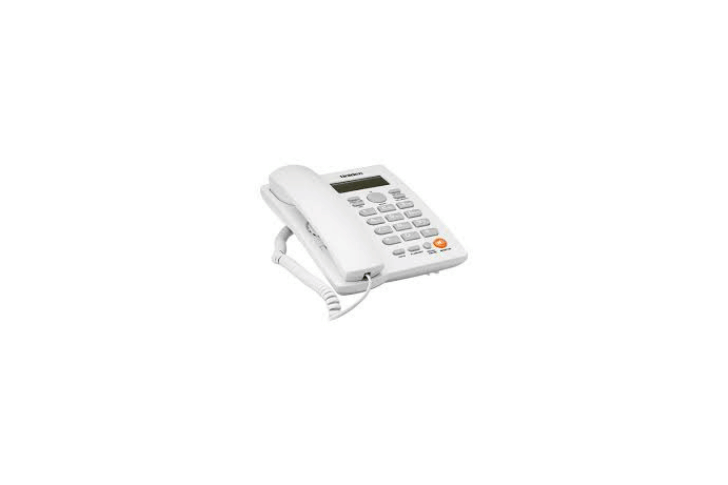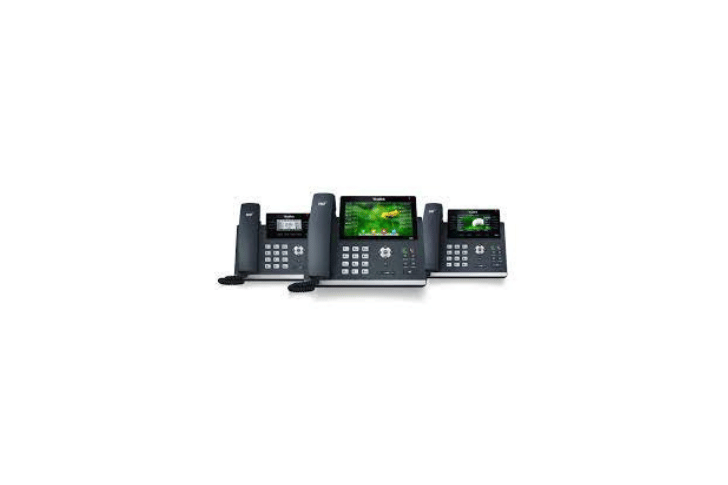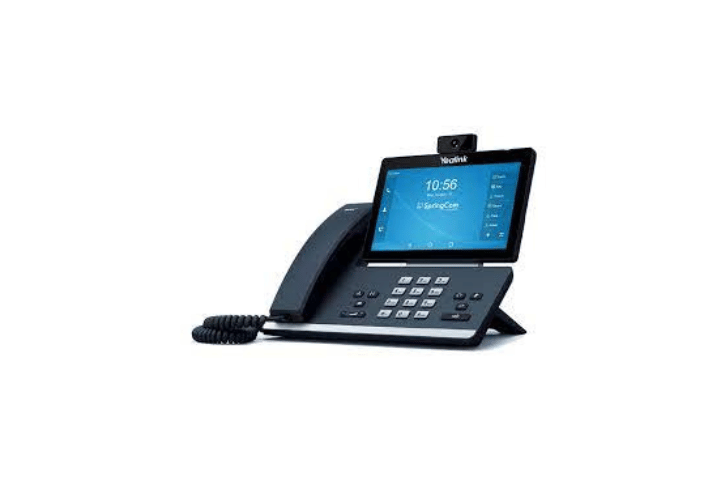Introduction
Small businesses are the backbone of economies worldwide. They operate on tight budgets and often have to do more with less. One area where efficient resource allocation is crucial is communication. A reliable phone system can make or break a small business, impacting its ability to reach customers, collaborate with partners, and manage internal communication.
Choosing the right phone system is not a one-size-fits-all decision. It depends on the specific needs, size, and goals of the business. In this article, we will delve into a variety of phone system options tailored to small businesses. Whether you need a traditional landline, a Voice over Internet Protocol (VoIP) solution, or something in between, we’ll help you find the best fit for your organization.
Traditional Landline Phone Systems

1. AT&T Business
AT&T Business offers reliable and trusted landline services for small businesses. Their plans come with essential features like call waiting, caller ID, and voicemail, making it a good choice for those who prefer a traditional approach to communication.
2. Verizon Business
Verizon Business provides small businesses with landline phone services that are known for their quality and coverage. They offer a variety of packages to fit different business needs, from basic services to more advanced options with features like conferencing and call forwarding.
3. Comcast Business
Comcast Business offers landline phone services as part of its business bundles. They have competitive pricing and provide a range of additional services, including internet and TV, making it a one-stop shop for small business communication needs.
Traditional landline phone systems are suitable for small businesses that value reliability and are located in areas with excellent infrastructure. However, in an increasingly digital and mobile world, VoIP systems are gaining popularity for their flexibility and cost-effectiveness.
VoIP Phone Systems

Voice over Internet Protocol (VoIP) technology has revolutionized small business communication. It allows businesses to make and receive calls over the internet, often at a fraction of the cost of traditional landlines. Here are some of the best VoIP phone systems for small businesses:
4. RingCentral
RingCentral is a highly regarded VoIP service provider that caters to businesses of all sizes. Small businesses can benefit from its flexible plans, which include features such as video conferencing, team messaging, and integrations with popular business applications.
5. Grasshopper
Grasshopper is an excellent choice for small businesses and startups. It offers virtual phone numbers that can be used on existing mobile phones. This service is ideal for entrepreneurs who need a professional phone presence without the expense of a physical office.
6. Vonage Business
Vonage Business is known for its easy setup and user-friendly interface. It offers a range of features, including mobile apps, virtual receptionists, and integrations with popular software like G Suite and Salesforce.
7. Ooma Office
Ooma Office is designed with small businesses in mind, offering a range of features like virtual receptionists, call forwarding, and voicemail. It is known for its affordability and user-friendly setup.
8. 8×8
8×8 is a cloud-based VoIP solution that provides small businesses with a reliable and feature-rich communication platform. It offers voice, video, chat, and contact center services, making it a comprehensive choice for businesses that need to connect with customers and team members across different channels.
9. Nextiva
Nextiva is a VoIP provider that offers a range of communication and collaboration tools. It is known for its excellent customer service and comprehensive features, making it a strong contender for small businesses looking to enhance their communication capabilities.
VoIP phone systems are not only cost-effective but also offer advanced features and flexibility that can empower small businesses to compete with larger enterprises. However, a strong and reliable internet connection is essential for optimal performance.
Hybrid Phone Systems
Hybrid phone systems combine elements of both traditional landlines and VoIP technology. They offer the stability of landlines and the flexibility of VoIP. Here are some options for small businesses that prefer a hybrid approach:
10. Cisco Business Edition 4000
Cisco’s Business Edition 4000 is a hybrid phone system that allows small businesses to seamlessly integrate their existing phone infrastructure with modern VoIP technology. It offers features like video conferencing, voicemail, and mobile app support.
11. NEC SL2100
The NEC SL2100 is a versatile hybrid communication solution designed for small businesses. It combines traditional and IP-based communication options, allowing businesses to transition to VoIP at their own pace.
12. Avaya IP Office
Avaya IP Office is a hybrid phone system designed for small and midsize businesses. It supports both analog and IP phones and provides features like call recording, voicemail, and conferencing.
Hybrid phone systems are a suitable choice for businesses that want to take advantage of VoIP technology while maintaining some aspects of their traditional phone infrastructure.
Factors to Consider When Choosing a Phone System
Selecting the right phone system for your small business is a crucial decision. Here are some key factors to consider:
1. Budget: Determine how much you can allocate to your phone system. Both upfront costs and ongoing monthly fees should be considered.
2. Business Size: The number of employees and the scale of your operations will influence your phone system choice.
3. Scalability: Choose a system that can grow with your business. This is particularly important for businesses with expansion plans.
4. Features: Consider the features that are essential for your business, such as call forwarding, voicemail, conferencing, and mobile app support.
5. Reliability: Ensure that the service provider has a strong track record for uptime and call quality.
6. Internet Connection: VoIP systems require a stable internet connection, so assess your current internet infrastructure.
7. Customer Support: Check the level of customer support provided by the service provider. Quick and efficient support can be a lifesaver when issues arise.
8. Integration: If your business relies on specific software or applications, ensure that your phone system can integrate with them.
Conclusion
Effective communication is the lifeblood of any business, and small businesses are no exception. The choice of a phone system can significantly impact a small business’s ability to connect with customers, collaborate with team members, and streamline its operations.
Traditional landline phone systems, while reliable, are becoming less common due to the rise of VoIP technology. VoIP phone systems offer cost-effective solutions with advanced features, making them an excellent choice for many small businesses. Hybrid phone systems bridge the gap between traditional and modern communication methods, offering a middle ground for those who value both stability and flexibility.
When choosing a phone system for your small business, carefully consider factors such as budget, business size, scalability, features, reliability, internet connection, customer support, and integration capabilities. By making an informed decision, you can ensure that your small business has the communication tools it needs to thrive in today’s competitive landscape.
In the end, the best phone system for your small business is the one that aligns with your unique needs and objectives, empowering you to communicate effectively and grow your business.



